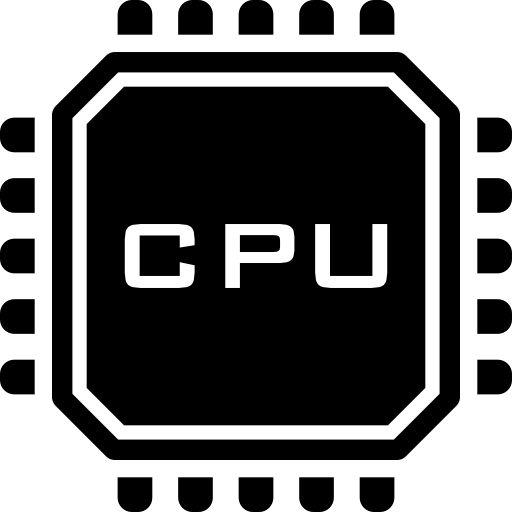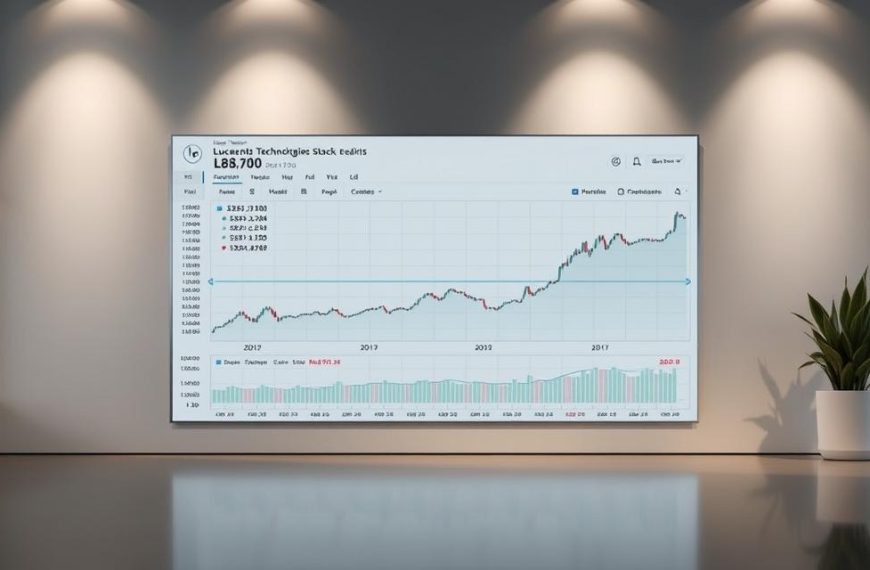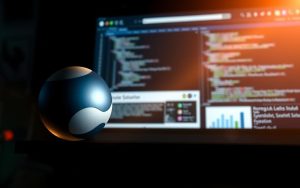Computer engineering and information technology are two distinct career paths driving digital innovation. These fields offer unique approaches to solving complex technological challenges1.
Computer engineering focuses on designing sophisticated hardware and software systems. Information technology (IT) specialises in managing existing technological infrastructure2.
Both disciplines play critical roles in the digital ecosystem. Careers in these fields show remarkable potential with projected job growth1.
Computer science professionals can expect promising career paths. Salaries for specialised roles often exceed $100,0003.
The technical landscape continues to expand rapidly. Computing careers now account for over 16% of professional wages1.
Computer science professionals typically earn higher-than-average salaries. They remain in high demand across various industries3.
These career paths have distinctive skill requirements. Computer science specialists focus on programming languages and algorithmic development.
IT professionals, on the other hand, emphasise network configuration and technical support3.
Understanding the Core Distinctions
Computer engineering and information technology are distinct yet interconnected digital domains. They share a technological foundation but differ in approach, focus, and professional applications4.
These disciplines have unique professional pathways. Computer science professionals earn a median salary of £111,343 yearly. Information technology professionals average £72,914 annually5.
Hardware vs Software Focus
Hardware engineering focuses on physical computing infrastructure. Software development creates digital solutions. Students in these fields develop different skills:
- Computer engineering students master complex hardware design
- Information technology professionals focus on system management
- Software development requires advanced programming skills
Theoretical vs Practical Applications
Computer engineering often tackles theoretical challenges, developing innovative technological solutions. Information technology addresses practical implementation of existing technologies4.
Academic Requirements
Computer science typically requires strong maths and science skills. Information technology programmes emphasise practical IT skills5.
Practical experience and continuous learning are crucial in both fields.
Is Computer Engineering and Information Technology the Same?

Computer engineering and information technology are distinct disciplines with unique career paths. They share some common ground but require different skill sets. Technology jobs typically fall into development, engineering, and business categories67.
Both fields need fundamental programming knowledge and understanding of computer systems6. Coding abilities are crucial for both, but their application varies greatly.
- Computer Engineering focuses on:
- Hardware design
- Complex programming tasks
- Low-level system architecture8
- Information Technology emphasises:
- System administration
- Network management
- Technical support7
Career paths differ significantly between these disciplines. Computer engineering often requires advanced degrees for career advancement6. Information technology professionals can often progress with undergraduate qualifications7.
Students should weigh their strengths and career goals when choosing between these fields. Both offer exciting opportunities in the technology sector. However, daily responsibilities and skill requirements vary greatly8.
Essential Skills and Competencies in Computer Engineering
Computer engineering requires a wide-ranging skill set. Professionals must develop strong programming skills and technical expertise. These abilities are crucial for success in the fast-changing tech world9.
The field demands mastery in several key areas. These include hardware design, system architecture, and advanced problem-solving.
Computer engineers use these skills to create innovative tech solutions. Their work often leads to groundbreaking changes across various industries.
Programming Languages and Development
Programming skills are essential in computer engineering. Key languages include:
- C++ for low-level system development
- Java for versatile application creation
- Python for data analysis and machine learning
- Assembly language for direct hardware interaction
Hardware Design and Architecture
Computer engineers need deep knowledge of digital circuits and microprocessors. They must also understand system architecture thoroughly.
This knowledge allows them to design innovative hardware solutions. Their creations often push the boundaries of what’s technologically possible10.
System Analysis and Problem-Solving
Top computer engineers excel at analytical thinking. They use systematic problem-solving techniques for complex engineering challenges.
These skills help them develop innovative solutions. Their work addresses real-world tech needs effectively9.
Computer engineering is about transforming theoretical concepts into practical technological innovations.
The high median annual wage for computer hardware engineers shows their value. It reflects the importance of their technical expertise9.
Information Technology: Core Components and Applications
IT manages complex digital infrastructures in modern organisations. IT professionals design robust network management systems to support business operations11. They ensure seamless connectivity, data protection, and efficient technological processes across digital platforms.
Cybersecurity is vital within IT infrastructure, protecting organisations from digital threats11. Experts develop strategies to safeguard sensitive information and prevent cyber attacks. Database administration allows businesses to manage critical data effectively12.
The IT landscape evolves with cloud computing, augmented reality, and virtual reality11. Career paths include business intelligence analysis, customer support, and technical troubleshooting11. IT professionals must update their skills to stay competitive in this fast-changing field.
FAQ
What are the primary differences between computer engineering and information technology?
Do computer engineering and information technology require different academic qualifications?
What programming skills are essential in computer engineering?
What are the key responsibilities in information technology?
Are computer engineering and information technology career paths interchangeable?
What emerging technologies are most important in IT?
How do problem-solving approaches differ between computer engineering and IT?
What analytical skills are crucial in computer engineering?
Source Links
- https://www.nu.edu/blog/computer-science-vs-computer-engineering-whats-the-difference/
- https://graduate.northeastern.edu/knowledge-hub/computer-science-vs-computer-engineering/
- https://www.coursera.org/articles/computer-science-vs-information-technology
- https://www.nu.edu/blog/computer-science-engineer-vs-information-technology/
- https://und.edu/blog/computer-science-vs-information-technology.html
- https://resources.noodle.com/articles/information-technology-vs-computer-engineering/
- https://www.gcu.edu/blog/engineering-technology/whats-difference-between-computer-science-and-information-technology
- https://set.jainuniversity.ac.in/blogs/computer-science-engineering-vs-information-technology-engineering
- https://en.wikipedia.org/wiki/Computer_engineering
- https://www.gcu.edu/degree-programs/bachelor-science-computer-engineering
- https://www.freecodecamp.org/news/computer-science-vs-information-technology-whats-the-difference/
- https://www.coursera.org/articles/computer-science-vs-computer-engineering















